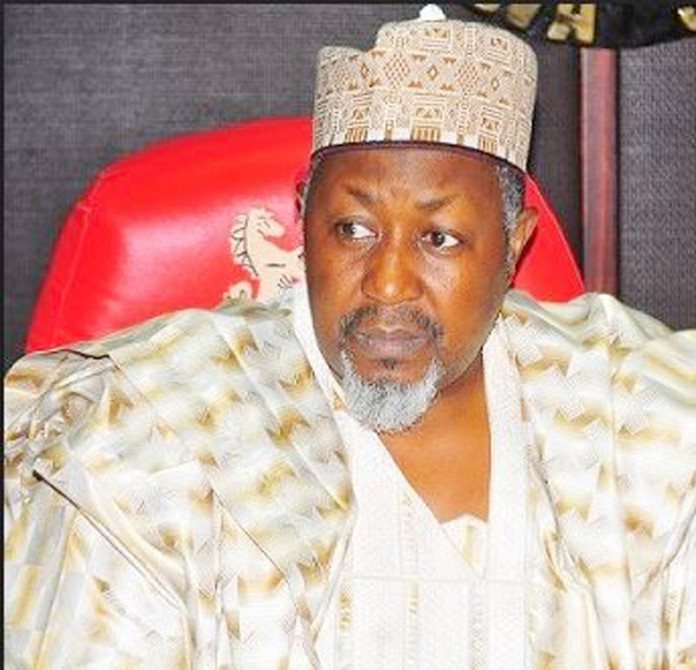No fewer than 600,000 out of 1.1 million children below five years old in Jigawa State are malnourished, according to statistics by the United Nations International Children Fund (UNICEF) on Monday.
Mr. Arjan de-Wagt, UNICEF’s Chief Nutritionist in Nigeria made the disclosure when he led other partners on “Improving Nutrition in Northern Nigeria” on a courtesy visit to Gov. Muhammad Badaru in Dutse.
Addressing journalists shortly after the special session with Governor Mohammad Badaru Abubakar at Government House, Dutse, the nutritionist said the team was pleased by the response of the state Executive on how the two sides can work harmoniously to address the ugly malnutrition.
The figures presented by the team before the state Chief Executive indicated that 600,000 out of 1.1 million children under five years old in Jigawa state are stunted far more than the national average, which is 63 percent malnourished.
He added that 165,000 children from six to 59 months are severely malnourished and are nine times likely to die. “Without treatment, an estimated 32,000 of these are likely to die this year.
“In our latest statistics, Jigawa has the highest number of malnourished children in the country which means half of its children are affected. 102,000 children from zero to six months do not get exclusive breast feeding.
“Breast feeding is the most effective intervention to prevent malnutrition and save lives,” De-Wagt said.
The chief nutritionist also said that 650,000 children from six months to five years did not receive Vitamin A supplement.
According to him, 117,000 of the 265,000 pregnant women in the state do not also take iron supplement during pregnancy to prevent anemia.
He stressed the need for the Federal and state governments to put in place ‘nutrition coordination and planning mechanism’ as intervention measure to curb malnutrition and save lives.
De-Wagt said that UNICEF, in the last five years, has been working in 15 of the 27 local government areas of the state to improve the nutrition status of children and mothers.
He said the work was being undertaken by UNICEF in conjucntion with other partners such as the Save the Children and Action Against Hunger (ACF).
He said that over 40,000 children’s lives were saved in the state through treatment and various interventions undertaken by UNICEF and its partners.
In his response, Gov. Badaru described the situation as “worrisome and pathetic” and promised to take drastic measures to reverse the trend.
He said that his government has commenced reforms in the health sector to improve the health conditions of the people.
“We are aware of the dangers and my government will take all the necessary steps to reverse the situation.
“This is of great concern to me because there cannot be any growth or development in the state without healthy people.
“I shall expend all the necessary political will to tackle the problem,” he promised.
The governor pledged to set up a technical committee to look into the statistics and find immediate solutions to the problem.














